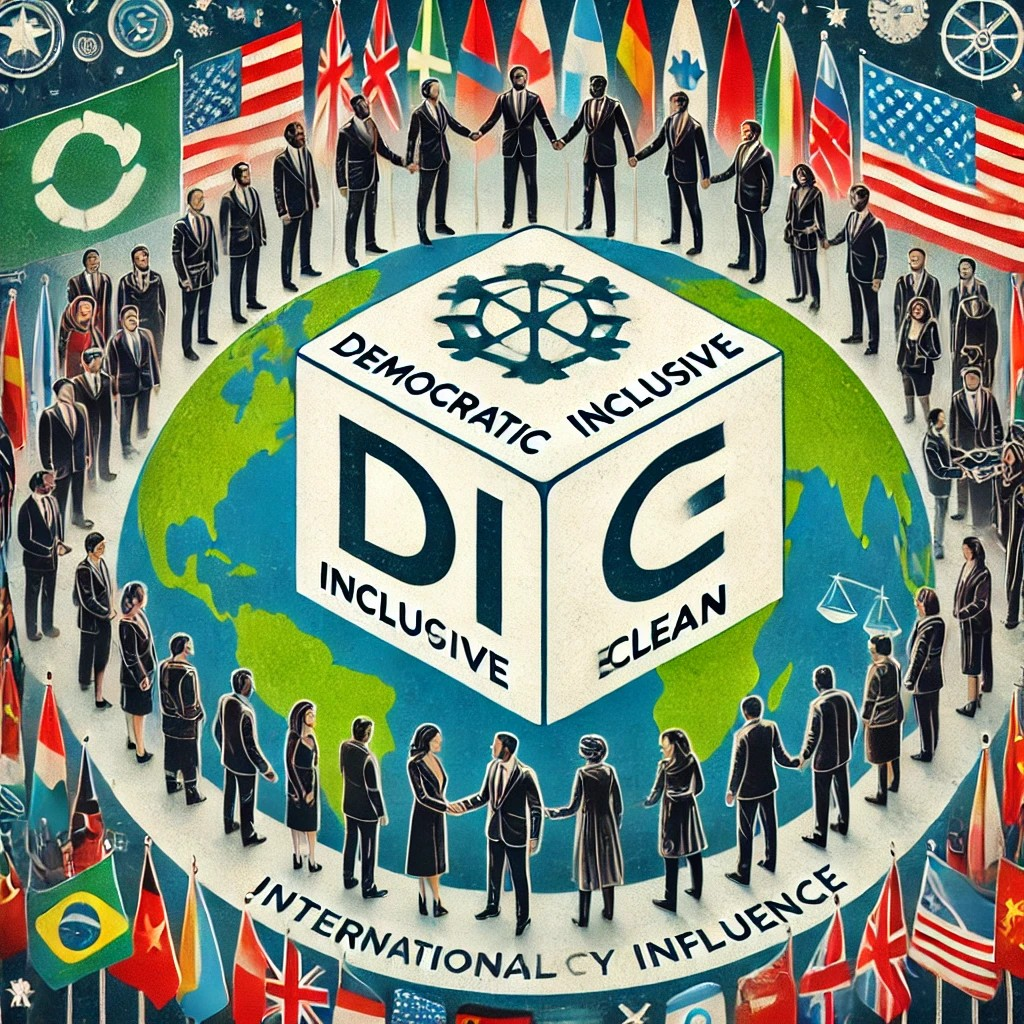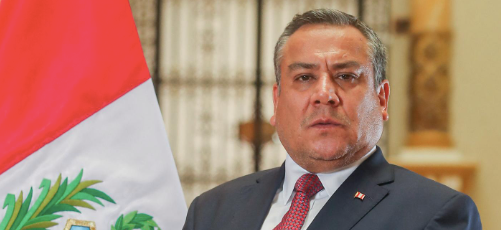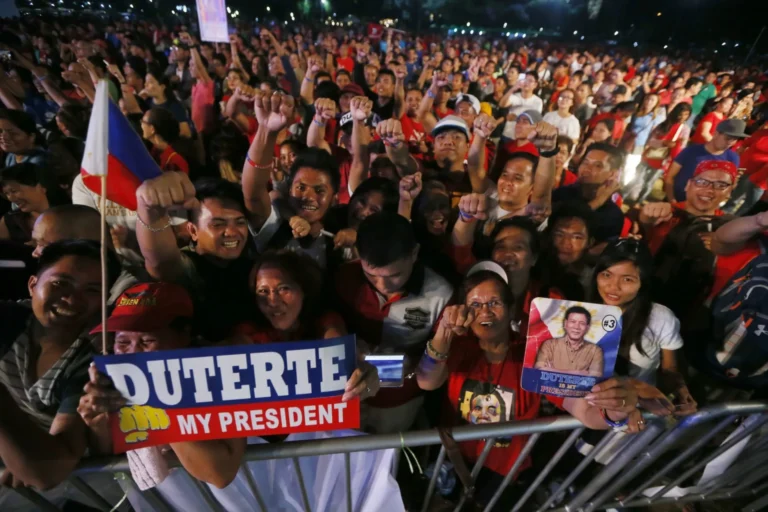
The resignation of Sheikh Hasina, the Prime Minister of Bangladesh, has opened up a new chapter in the politics of Bangladesh whose details are complex and uncertain. In the past, there had been meetings with world leaders, for example, Donald Trump, about the capabilities of Sheikh Hasina in 2024 and her propensity to help enhance the American economy, but the political scenario has changed significantly in Bangladesh with important developments expected in 2024.
Bangladesh politics has long been dominated by Hasina, who led the country in and outside of the Parliament for over 15 years or so, making her one of the historical South Asian Prime Ministers with the highest regard for continuity. But her leadership of the country was increasingly challenged by civil disturbances and mass protests that were primarily fueled behind the scenes by the vexing civil service quota policy. The protests that emerged, primarily from the student movement, sought to address inward grievances regarding the, reserving government jobs for designated groups. Authorities’ aggressive responses to the protests added fuel to the fire of outrage, which resulted in widespread protests across the country and finally to Hasina’s having to resign in August 2024.
The nominated military leader, General Waker-uz-Zaman, was decisive during the transitional period, taking over the management of the country after the previous government left office. Since then, the political perspective of Bangladesh has been murky. The military didn’t get involved for the sake of it, however. It was intended overtly and covertly to restore order.
Influence of International Diplomacies and what DICE stood for

The situation also has the attention of the international community, including the United States, the European Union, and the neighbourhood of India, who have asked for moderation and averred that there should be peaceful change. In this phase of violence, the debates about DICE (Democratic, Inclusive, Clean and Equitable) are being viewed afresh as a template of envisaged governance for Bangladesh. The term DICE makes it clear that the majority of DICE advocates want to work in a country without theft and dictatorship, which they feel will help strengthen democratic foundations in the country, and a lot of protestors and international activists see it as necessary and important for Bangladesh’s democratic development.
People have also started questioning Hasina’s past meetings with Trump, and other heads of state. They point out that while certain rooms have been toolkit diplomacy, internal political mechanisms during her rule have been the root cause of the disorder and dissatisfaction during this period. However, the supporters of Hasina defended her by saying that during her time in office, she made popular moves aimed at improving Bangladesh’s international relations and the growth of the economy. These citizens’ grievances are central to the DICE framework which in any case, has come to be viewed as a strategy for reforming Bangladesh’s political governance, in the post-Hasina era. Since then, the political perspective of Bangladesh has been murky. The military didn’t get involved for the sake of it, however. It was intended overtly and covertly to restore order.
The Role of Student Movements and Civil Society
Bangladesh has begun to portray civil society’s encroaching assertiveness, as demonstrated by campaigns that led to Hasina’s defenestration. As such, student groups like Students Against Discrimination have advocated for the resignation of authoritarian figures as well as systemic transformations that promote an overall fair and lean government structure. Their calls for famous leaders such as Nobel Prize winner Muhammad Yunus to lead the transitional government is not coincidental since it meets their desire for a new and ethical leadership in Bangladesh which will be transformational in the realisation of real democracy in the country.
What’s Next for Bangladesh?
According to the plan, Bangladesh will implement the framework of an interim administration to restore the political situation and guide the country towards free and fair elections. The release of other opposition leaders, including Zia, has been viewed as a strategy to unify Bangladesh since it has been very polarised between the two leaders Zia and Hasina over time. The next course of action will entail meeting public demands for a more democratic system while still avoiding instability, violence, or needless economic costs.




